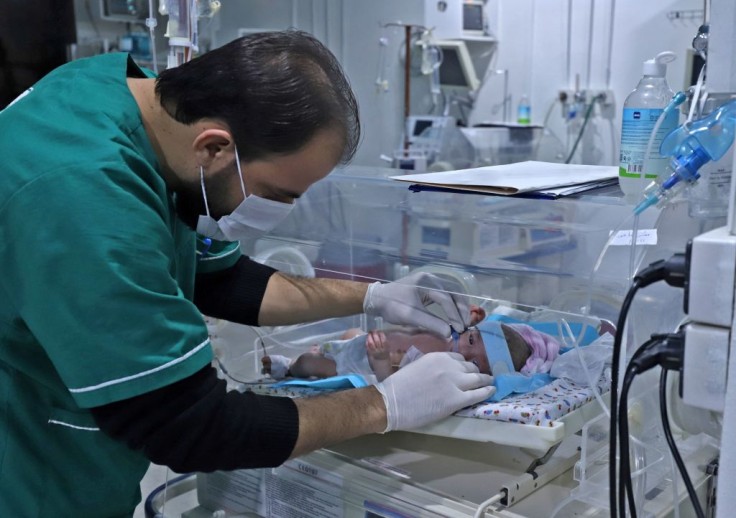
In a highly anticipated court case, Karima Jiwani, the mother of 'Baby India,' appeared before the court today, alleging mental health problems and postpartum depression as the underlying reasons for the tragic abandonment of her newborn daughter.
Jiwani stands accused of leaving the baby tied in a plastic bag in the woods just hours after giving birth in 2019.
As the legal proceedings unfold, the defense argues that the charges fail to account for the crucial role mental health played in the heartbreaking incident.
Baby India's Mother Claims Mental Health Problems
According to Atlanta News First, the defense lawyer, E. Jay Abt, asserts that mental health issues, including postpartum depression, significantly affected Jiwani's actions on that fateful day.
Emphasizing her previously normal life, Abt highlights the need to consider the impact of mental health in determining the appropriate charges.
However, Bell-Forsyth Judicial Circuit District Attorney Penny Penn refutes these claims, stating that no evidence suggests Jiwani suffered from psychosis or postpartum depression at the time of the incident.
The case first came to light in June 2019 when deputies discovered a baby wrapped in a plastic bag near Daves Creek Road in Cumming, Georgia.
The newborn, known as 'Baby India,' was found atop a pile of leaves and sticks, crying and covered in blood, with the umbilical cord still attached.
People reported that after years of investigation, a breakthrough occurred when advanced DNA practices allowed authorities to identify Baby India's birth father.
This crucial step propelled the investigation forward, seeking to determine the circumstances and the individual responsible for leaving the child in the woods.
Upon investigation, no evidence has emerged to suggest that the father was aware of either the pregnancy or the act of abandoning the baby at this stage of the investigation.
Exploring Mental Health Factors and Safe Haven Laws
Additionally, according to Atlanta News First and Jiwani's legal team, evidence supporting the mental health claims will be presented during the court proceedings.
While Georgia has Safe Haven laws to protect both infants and parents, allowing newborns to be left in the care of designated safe locations without prosecution, Jiwani's actions seemingly deviated from these provisions.
The prosecution contends that Jiwani intentionally abandoned her child on the side of the road, failing to provide any indication that the baby was meant to be found.
According to a CNN report, the sheriff's office investigation revealed that Jiwani had a documented past of undisclosed pregnancies and unexpected childbirth occurrences.
Despite her arrest, Jiwani has no prior criminal record, suggesting that this tragic incident stands as an isolated event in an otherwise unblemished life.
As the court case progresses, the defense is set to present their argument, highlighting Jiwani's mental state and postpartum depression as pivotal factors influencing her actions.
While the case raises questions surrounding the intersection of mental health, criminal intent, and legal responsibility, it ultimately falls upon the court to weigh the evidence and determine a just outcome.
The fate of Karima Jiwani and the impact of mental health in cases of this nature now rest in the hands of the justice system.
The court's ruling will shape not only the future of this case but also shed light on the legal landscape surrounding mental health issues in similar circumstances.
As the proceedings unfold, the public awaits a just resolution that considers the complexities surrounding maternal mental health and its implications for parental responsibility.